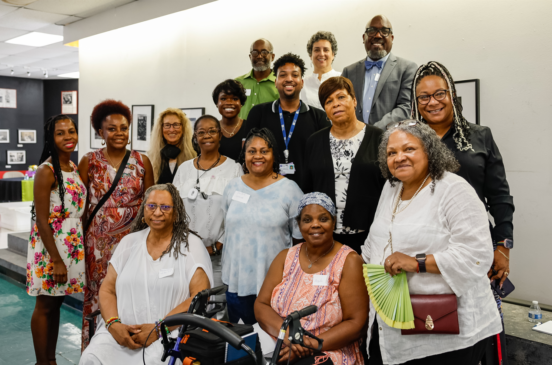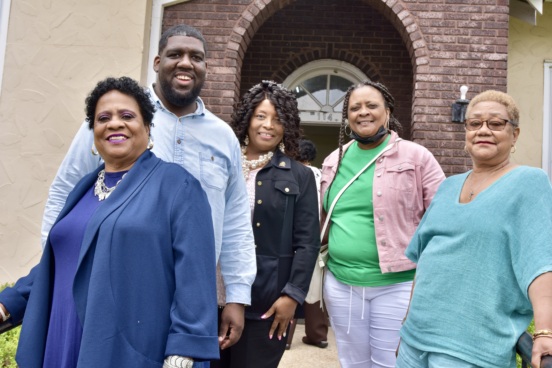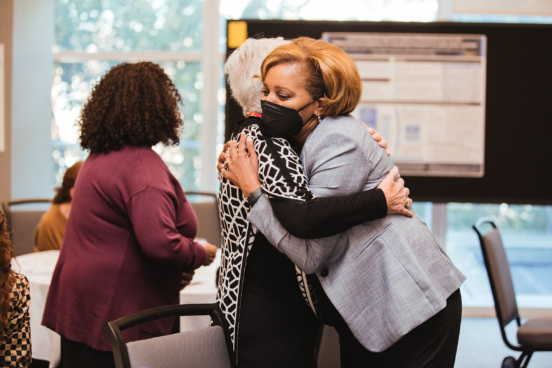Equity, Palliative Care

By Christine Wilson
The other day, I caught part of an interview on the radio, one of those conversations where you land in the middle, then decide to sit in your driveway so you can hear the end. I didn’t get their names, but the interviewer was asking about health care in Norway. The other guy just chuckled and said it was great. He was a new father and all of the costs of pregnancy, delivery and postnatal were covered. He had three surgeries and, in his words, “walked out of the hospital not owing anything.” Everyone in Norway has full health coverage. Of course.
That reminded me of the always shocking and distressing statistic, Donald Berwick, MD, MPP cited in his keynote address to the National Patient Advocate Foundation’s Policy Consortium on May 16th. According to the Legatum Prosperity System, the United States has the 69th rated health system in the world. Other groups rank us higher, but no one puts the US near the top ten when it comes to either our health care system or its outcomes. In the same ranking system, Norway is ranked seventh.
Why?
The problem is not a function of how much we spend on healthcare. The US is way ahead of everyone else in per capita spending. Yet we still have much higher numbers of people with multiple chronic diseases, lower life expectancy and higher maternal/infant mortality than every other advanced country in the world.
Nor is the problem that we lack biomedical expertise and excellent doctors. At the top of the pyramid, we offer the most advanced, scientifically based clinical care for even the most difficult to treat diseases. The problem is not expertise, or money.
Health care delivery is complex. There are multiple factors that influence how quality of care is calculated, but the bottom line in this country is that there are enormous disparities in access to health care, disparities that are directly related to the color of your skin, where you live and what kind of insurance you have, or don’t have. The problem is not the quality of health care in this country, it is the unequal distribution of its benefits to every person in this country.
The impact of this profound inequity is evident in hundreds of areas, rural and urban, but is clearly felt in the Mississippi Delta. Mississippi has the worst health care outcomes in the country, and not surprisingly ranks 50th in overall poverty and 49th in quality of life. (Mississippi Health Report Card 2023). At our Policy Consortium, we heard from a panel of citizens from that area, all deeply committed to improving the health of their community, about what that means to the people who live there. They understand the system all too well, but they also made their observations personal.
They told us about the shortage of primary care practitioners and the difficulty of seeing a doctor, especially if you are uninsured or cannot pay. Lack of access to doctors and the corresponding lower number of doctor’s visits is a key indicator of national health care.
They told us about the young shooting victim who died during the two hour ambulance ride to the nearest tertiary emergency care site, about the husband who had a heart attack and died after being helicoptered to Memphis, about the older gentleman who declined treatment for his prostate cancer because it required a hundred mile bus ride in each direction. The hospital which has served the area for 100 years and been a mainstay of the community is losing doctors, closing specialty services and on the verge of closing entirely because they cannot afford to operate in the Delta. A major contributing reason for this is the state’s failure to expand Medicaid.
They told us about heart patients who cannot afford to fill critically important prescriptions or who take half doses of insulin. They talked about the difficulty of getting people to take advantage of preventive services, such as mammograms, prostate screening, hypertension and cardiac care, because they don’t have insurance, or cannot handle the copays, or don’t see the point of detecting a serious disease they can’t afford to treat.
Our panelists, and many others haven’t given up. They are working at both the individual and system level to address and overcome these inequities, but it’s a long, uphill battle.
Again. Why?
We can analyze the racial, social and economic factors that make these disparities a reality. We can discuss politics, differences between rural and urban areas, the financialization of our health care system–all manner of very real systemic issues that make access to high quality health care in this country difficult or impossible for so many of our citizens. But we should not forget the underlying truth, that until we recognize that health care is a fundamental right for every citizen, a fundamental right that every other civilized country recognizes and addresses, we will live in a nation in which far too many people are bankrupted by their medical bills, suffer and die too often from unnecessarily from preventable or treatable conditions and illnesses. That’s why.
National Patient Advocate Foundation
Creating a Shared Future: Eliminating Bias in Treatment and Access
Panel Participants
Sammy Foster
President LeFlore County Community Health Advisors
Men in Black and White Fighting Prostate Cancer
Katherine Hughes, DNP, APRN, FNP-BC, PMHNP-BC
Founder, President and CEO
Outlook Medical Solutions, LLC
Donald Stark, MCJ
Correctional Supervisor
Mississippi Department of Corrections
Freddie White-Johnson, MPPA
Founder, President and CEO
Fannie Lou Hamer Cancer Foundation
Mildred J. Wilson, MEd
Retired Educator and Breast Health Outreach Coordinator
_____________________________________________
Equity, Palliative Care
Equity, Health Literacy, Insurance, Policy Consortium
Policy Consortium, Storytelling, Trust
Equity, Health Literacy, Policy Consortium, Trust



